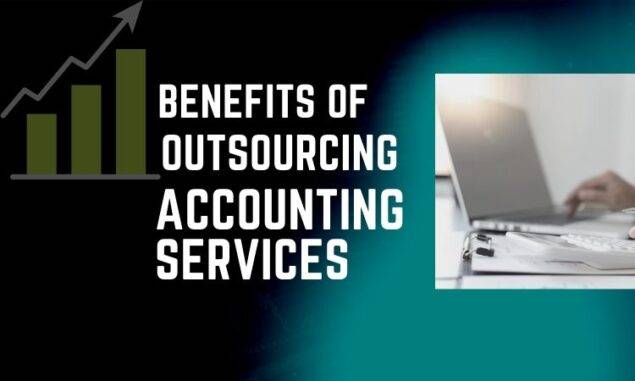Taking out a loan online can sound easy if you think about it, especially since the process is quick and straightforward. However, as simple as it sounds, online lenders must also be careful about who to lend money to.
You must remember that they are also running a business, and lending money to the wrong people could put their business at risk. Therefore, lenders have specific factors to consider that will help them decide on a loan application.
If you are planning to borrow money from an online lender, here are five factors that influence the decision-making of online lenders. Use this to increase your chance of getting approved for a loan.
1. The Loan’s Intended Purpose
The first thing the lender will ask you when you apply for a loan is why you are getting it in the first place. Although a personal loan can be used for any purpose, online lenders will still need to consider the purpose of the loan you are acquiring.
Of all the possible reasons you can have for getting a loan, a few will increase your chance of getting approved. One of these intentions is for debt consolidation.
Debt consolidation was the most common reason for personal loan applications among people with excellent credit. Debt consolidation entails combining many loans into one personal loan.
If you can find a low-interest-rate loan, this strategy may make sense. You’ll have to make one set monthly repayment and may be able to save cash on interest if you use the funds from a personal loan to pay off your other loans.
This loan intention can give online lenders the impression that you are responsible for your finances and looking for a smart way to pay off all your debts and not mess up your credit score.
2. The Amount You Are Borrowing
Another factor that online lenders consider when deciding whether or not to approve a loan is the amount you intend to borrow. Lenders may view requests for an amount that’s more than you need to attain your financial objectives as risky and thus may be less likely to grant them.
Increased loan payments make it harder for you to meet other financial responsibilities, such as paying your bills or credit card, which further strains your finances.
It’s best that you only borrow the amount that you need. If you’re still determining the exact amount that you should apply for, you can seek the advice of an accountant or financial advisor to help you figure out the right amount.
3. Your Credit Score
Your credit ratings and credit history may be taken into account by online lenders and creditors, including credit card firms, when making lending decisions. These institutions are interested in learning how likely you are to repay the money you borrow on schedule.
As a result, it’s critical to check your credit reports and ratings. Ensure that the data on your credit reports are accurate and complete because your credit scores and credit history may impact the terms of the loan, such as the interest rate.
Check your personal and company credit reports with the main credit reporting agencies for past-due accounts or improperly reported delinquencies before submitting a loan application.
You can access your personal credit reports with Experian, Equifax, and TransUnion, while Dun & Bradstreet, Experian, and Equifax provide business credit reporting services. To help the lender better comprehend the scenario, explain if there is any unfavorable data on your credit report.
Many online lenders, including CreditNinja.com, will look into your credit score. However, you’d be fine with this if you applied for a bad credit loan. A bad credit loan is a loan product that is designed for individuals with a bad credit score. You only need to ensure the lender you are capable of repaying the loan on time.
4. Your Debt-to-Income Ratio (DTI)
It’s crucial to keep in mind that financial institutions prefer to offer money to clients they are confident will pay back the loan on time. With that information, they will undoubtedly utilize your debt-to-income ratio (DTI) to calculate how much you are currently making and owing.
Even though every lender has different standards for your DTI ratio, they typically desire a figure of no more than 36%. Your average monthly debt should be at most $1,080 if your monthly gross income is $5,000.
If you think your DTI score is more than the required number of lenders, it’s ideal if you fix that first. To do that, you can increase the repayment of your current debt. Looking for ways to improve your monthly income can also help decrease your DTI and increase your chance of getting approved for a new loan.
5. Duration of Loan Repayment
The period you plan to repay the loan is a key factor in the lender’s judgment. Keep in mind that they will typically feel more at ease giving you the loan for a shorter period.
It’s probable because if you have to pay back the loan sooner, you’re less inclined to do so. Of course, this would result in you having to make a larger monthly payment.
Paying the loan within a short period will also mean that you will be paying a lesser interest rate than paying it over a more extended period. Thus, you should assess your finances and see whether you can afford the amount you borrow over a shorter period.
Final Words
There are many factors that an online lender needs to consider before deciding if they will approve your loan application. Just consider these things mentioned, and it will help you increase your chance of getting approved for an online loan.









